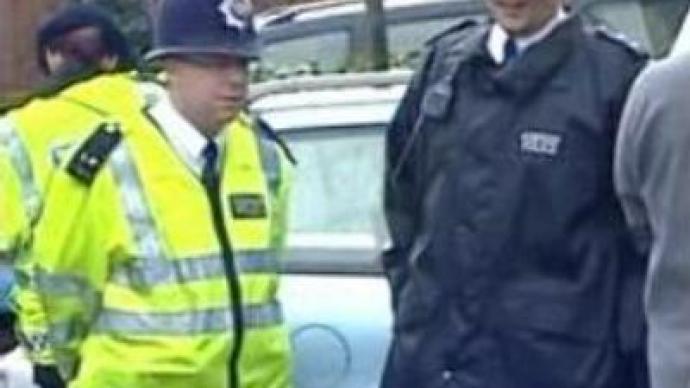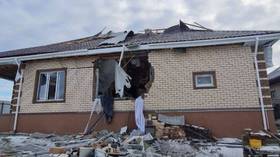Litvinenko's case: UK Police to look for clues in Moscow

British police are due to head to Moscow and Rome to track down witnesses in connection with the mysterious death of former Russian secret service officer Aleksandr Litvinenko in London on Thursday night.
British anti-terror officers want to question two Russians and one Italian contact who have returned home since their meeting with Mr Litvinenko. According to police, this is likely to be a very long investigation. Furthermore, this is a very sensitive diplomatic issue.The British Government is desperate to find any further trace of the radioactive material and the source of where it came from. It also wants to find out if there is any more polonium present in the country. The UK authorities are reported to conduct tests at two more locations in London where the traces of radioactive substance polonium could be found.Decontamination works are underway in sushi restaurant where Mr Litvinenko met his Italian counterpart. On Monday David Davis, the shadow Home Secretary is expected to use parliament to ask ministers where and how polonium could have got into the country. He said it is also important that anyone who can help in the investigation would provide any information to the police. Moreover, Mr Davis is expecting full co-operation from the Russian authorities.Scotland yard is still treating Litvinenko's death not as murder but as a suspicious death.British journalist Mary Dezhevsky says the UK government is trying to keep politics out of the incident.“The government has been trying not to say anything. It’s really been saying officially that this is a matter for the police and for the police to investigate. It is preferred to keep politic out of it. Yesterday, the minister for Northern Ireland, who is a former Europe minister, Peter Hay, he came out and started talking about murky murders in Moscow referring to the murder of Anna Politkovskaya and he was speaking about Russia as Putin taking it back into authoritarianism, and he was really the first minister who’d spoken. And it is not at all clear to me, I think, to anybody really, whether he was speaking with the authority of the government, or whether he was speaking out of turn the thought of freelance minister addressing himself to public opinion in Britain,” she mentioned.As for the cause of Litvinenko's death the doctors believe he was poisoned and the cause of his poisoning was polonium 210. This radioactive material is known to be extremely dangerous.“First of all, this metal is toxic. Secondly, since it is an active source of heavy alpha-particles, it causes acute radiation disease, not an ordinary disease, but an acute one. That is what we normally measure with our gadgets: if it is 20 micro roentgens per hour, it is fine; if more, it gets scary. Anyway, that would cause a chronic radiation disease. So, it looks like this: Litvinenko puts micrograms of polonium in his mouth, and in ten days he falls ill, and in thirty days he dies. He loses his hair and so on. When he loses his hair, it means polonium has reached his head. So, it is alpha-radiation that caused his disease,” said Doctor Lev Fyodorov, the President of Russia's Union for Chemical Society.
You can share this story on social media:












